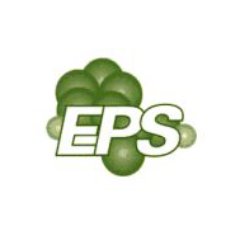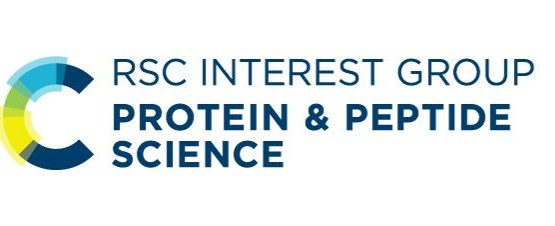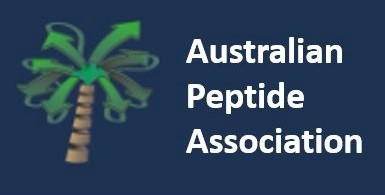In 1962 the first Japanese Peptide Chemistry Symposium was held in Osaka, organized by Professor Shiro Akabori, Osaka University. Since then, the symposium has been held every year, changing the name of the symposium from “Peptide Chemistry Symposium” to “Peptide Symposium” in 1998. The Symposium is currently held with approximately 500 participants including international delegates. Presentations in the Symposium are provided in English.
To build a closer relationship with the international peptide communities, the Japanese Peptide Society organized various international symposiums; the 1st Japan Symposium on Peptide Chemistry (JASPEC) in 1987 in Kobe and the 2nd in 1992 in Shizuoka. Based on these efforts, which were highly esteemed by the international peptide communities, the Japanese Peptide Society hosted the 1st and 5th International Peptide Symposiums in 1997 and 2010 in Kyoto. The 10th International Peptide Symposium will be also held in Kyoto in 2018. Another contribution is the establishment of the Asia Pacific International Peptide Symposium and the 1st symposium was held in 2004 in Fukuoka and 5th at Osaka in 2013.
The Japanese Peptide Society supports the plans of peptide forum, which is organized by society members, publishes Peptide News Letters, and provides the Akabori Memorial Award, the Japanese Peptide Society Award, the Young Investigator’s Award, and Travel Awards for attending international symposiums.
The Japanese Peptide Society contributes to the progress of science and human welfare through our activities.







